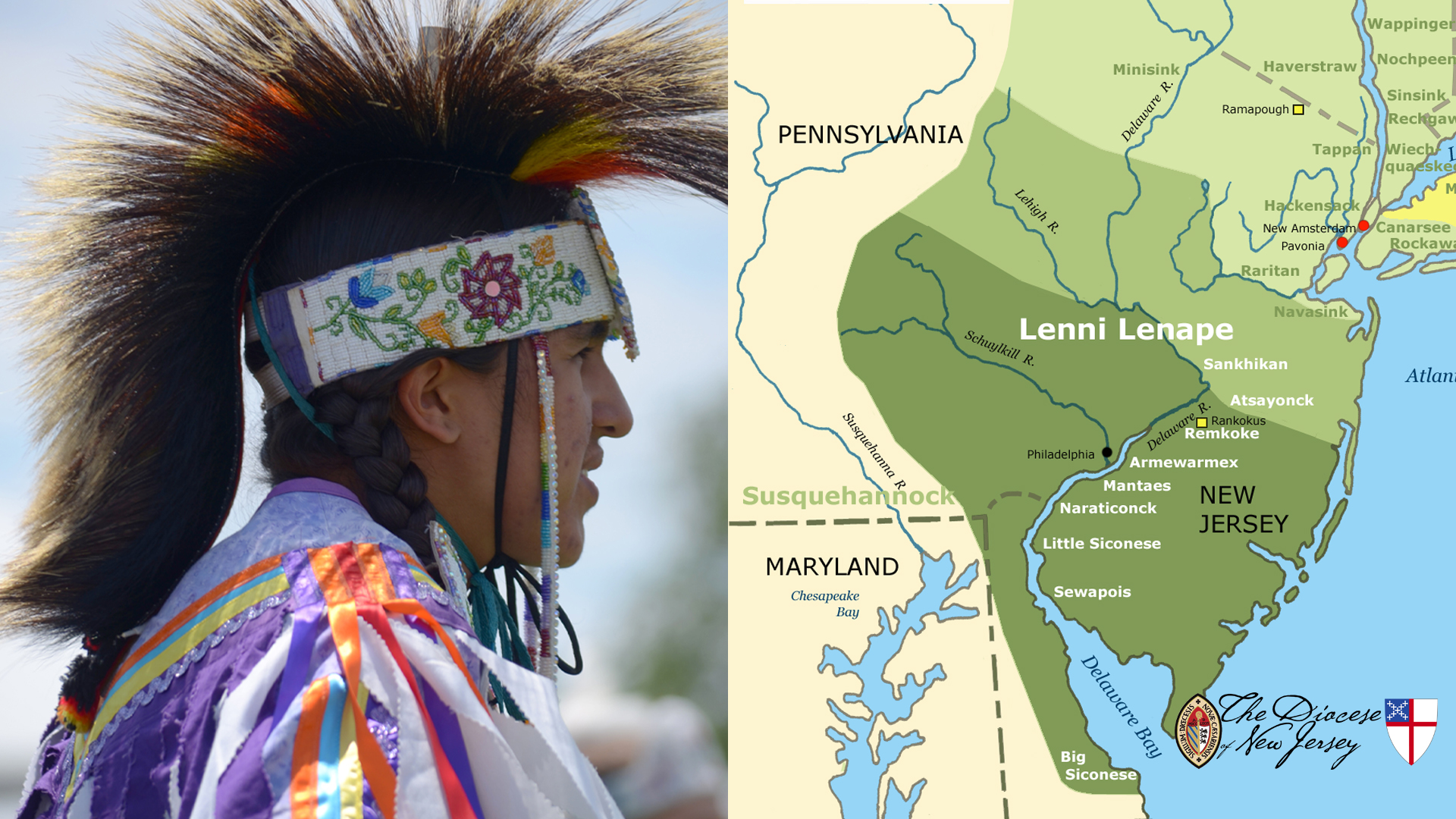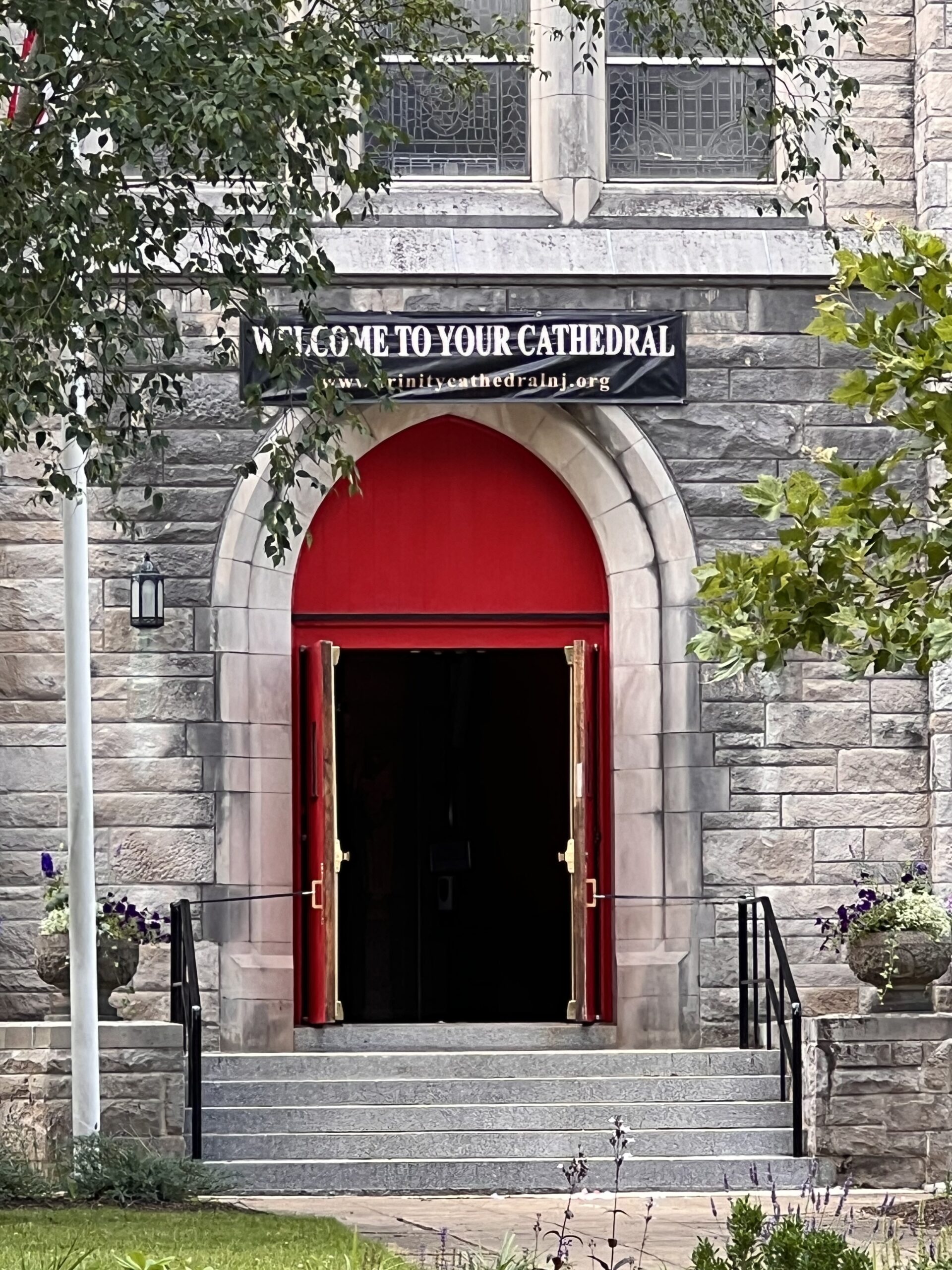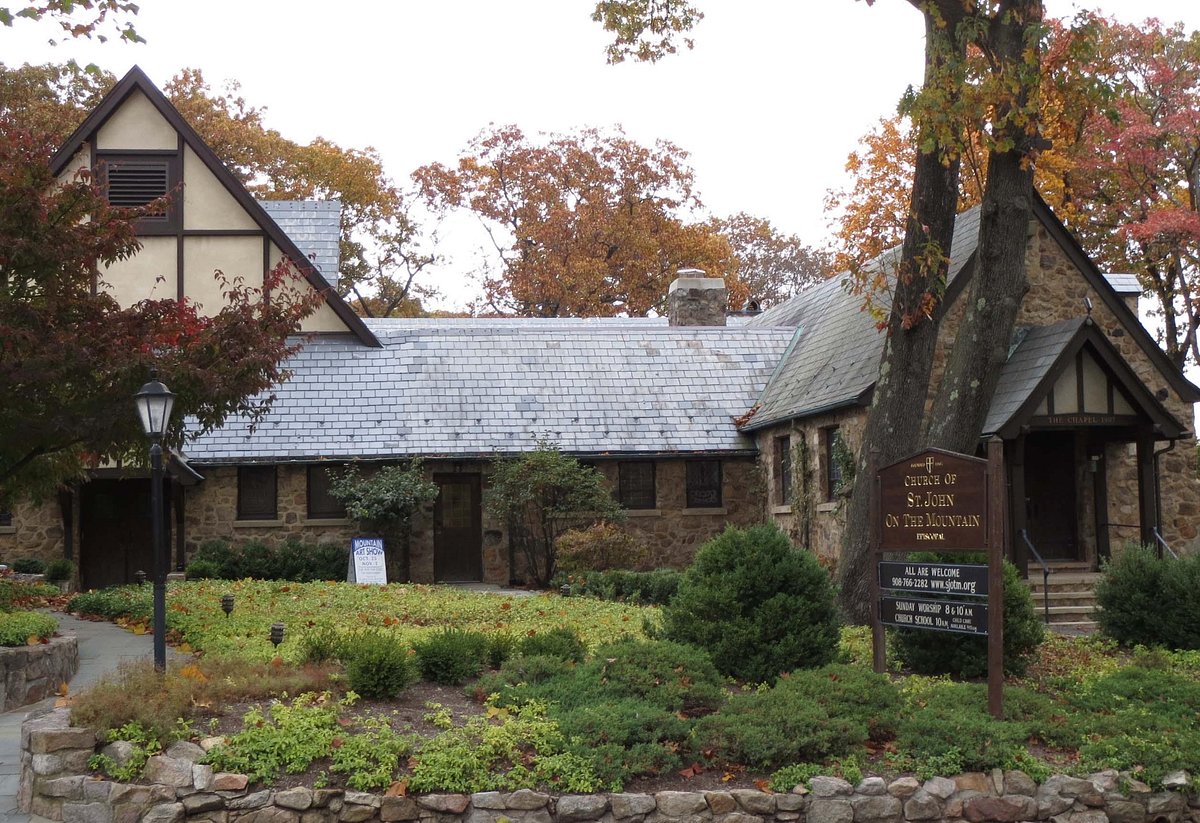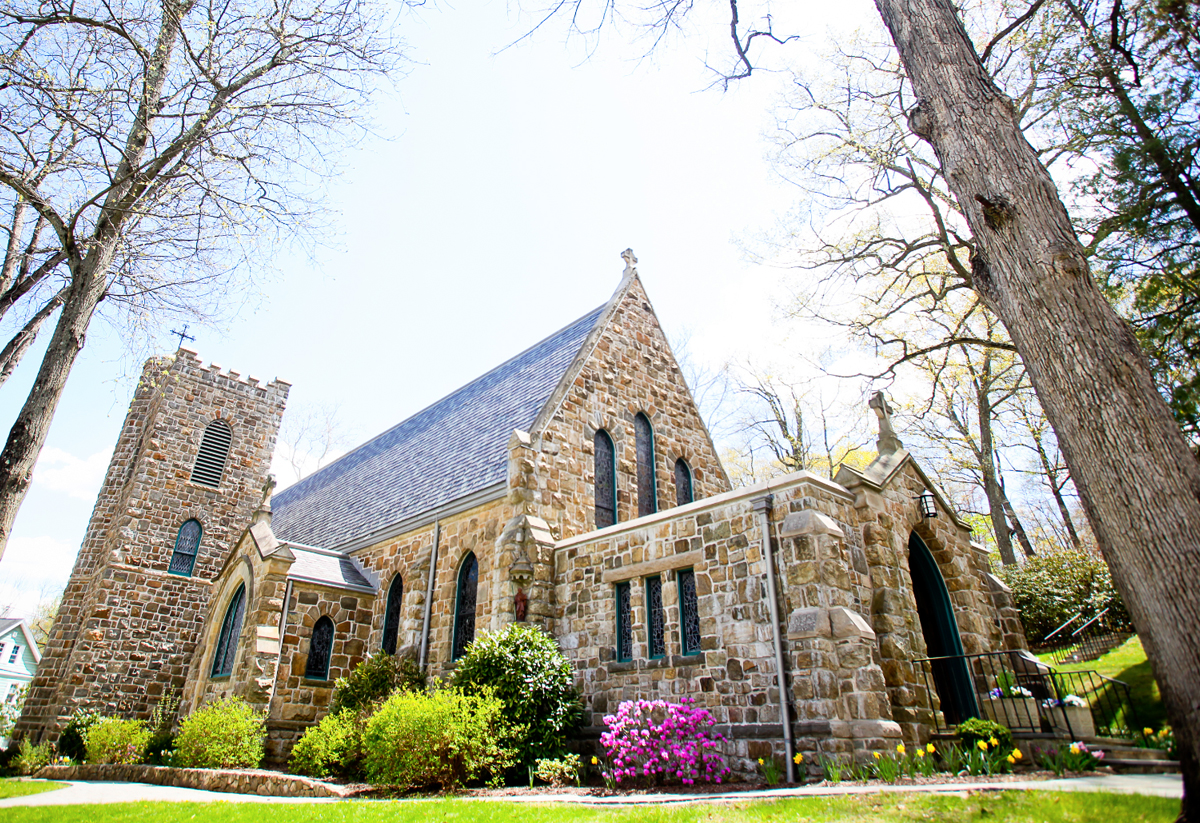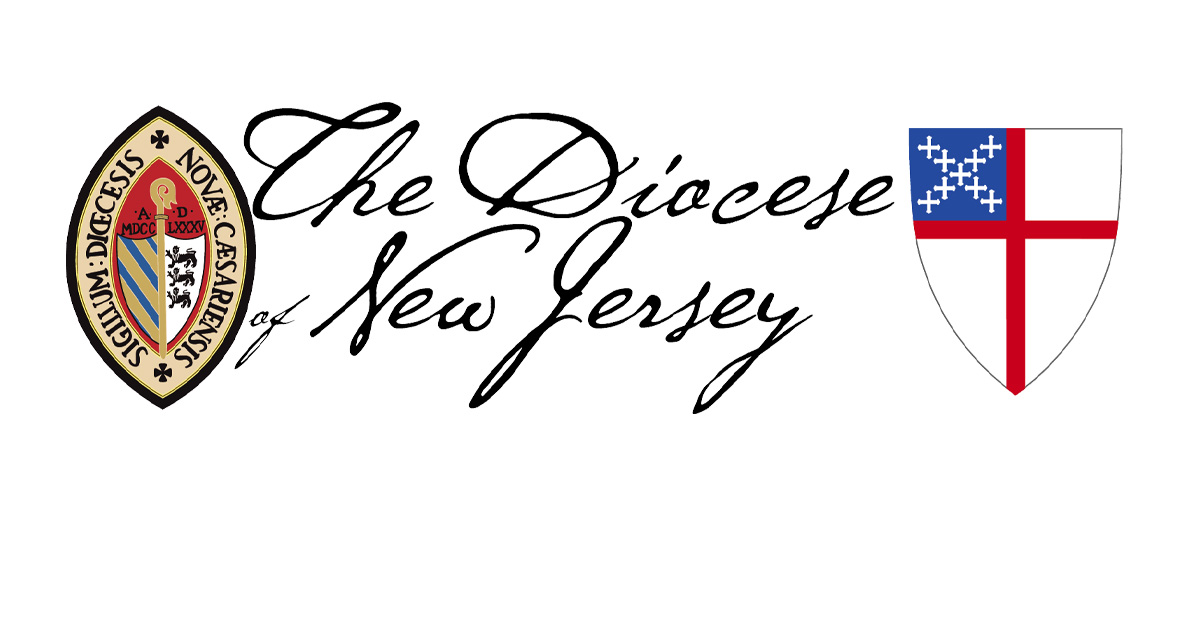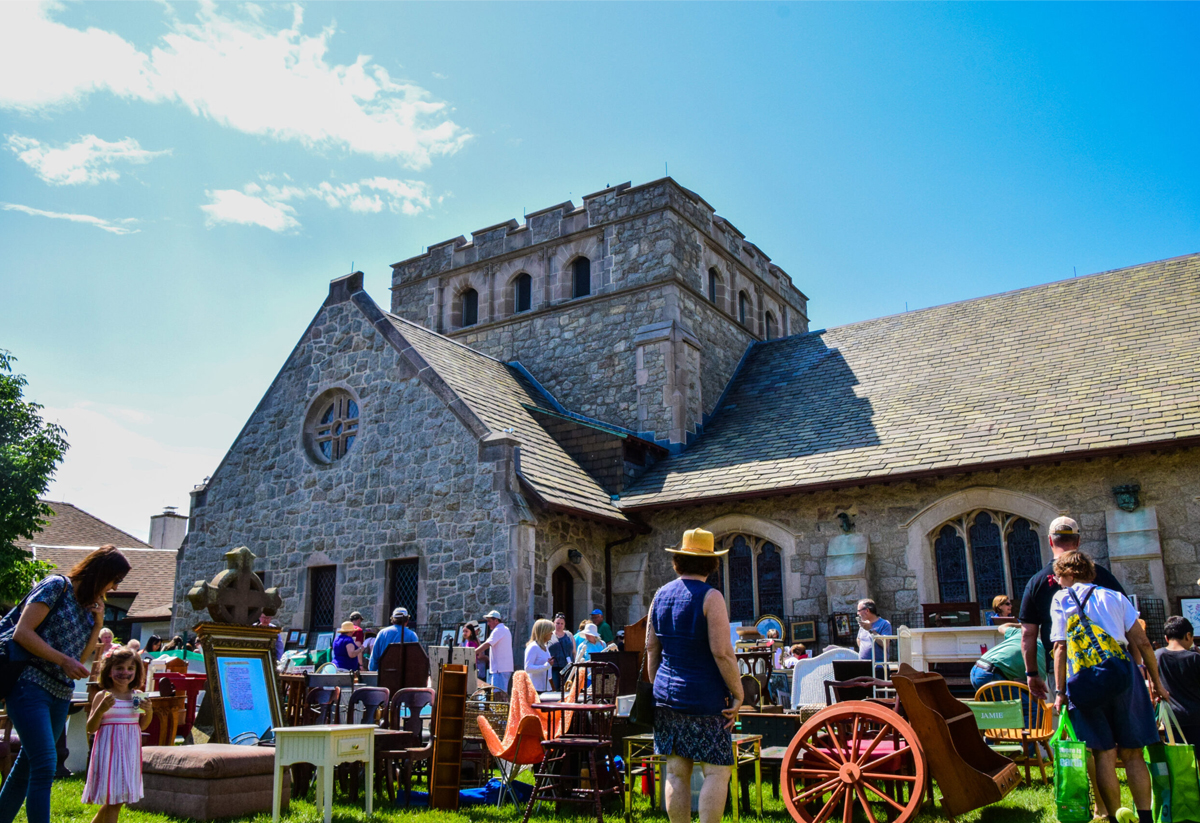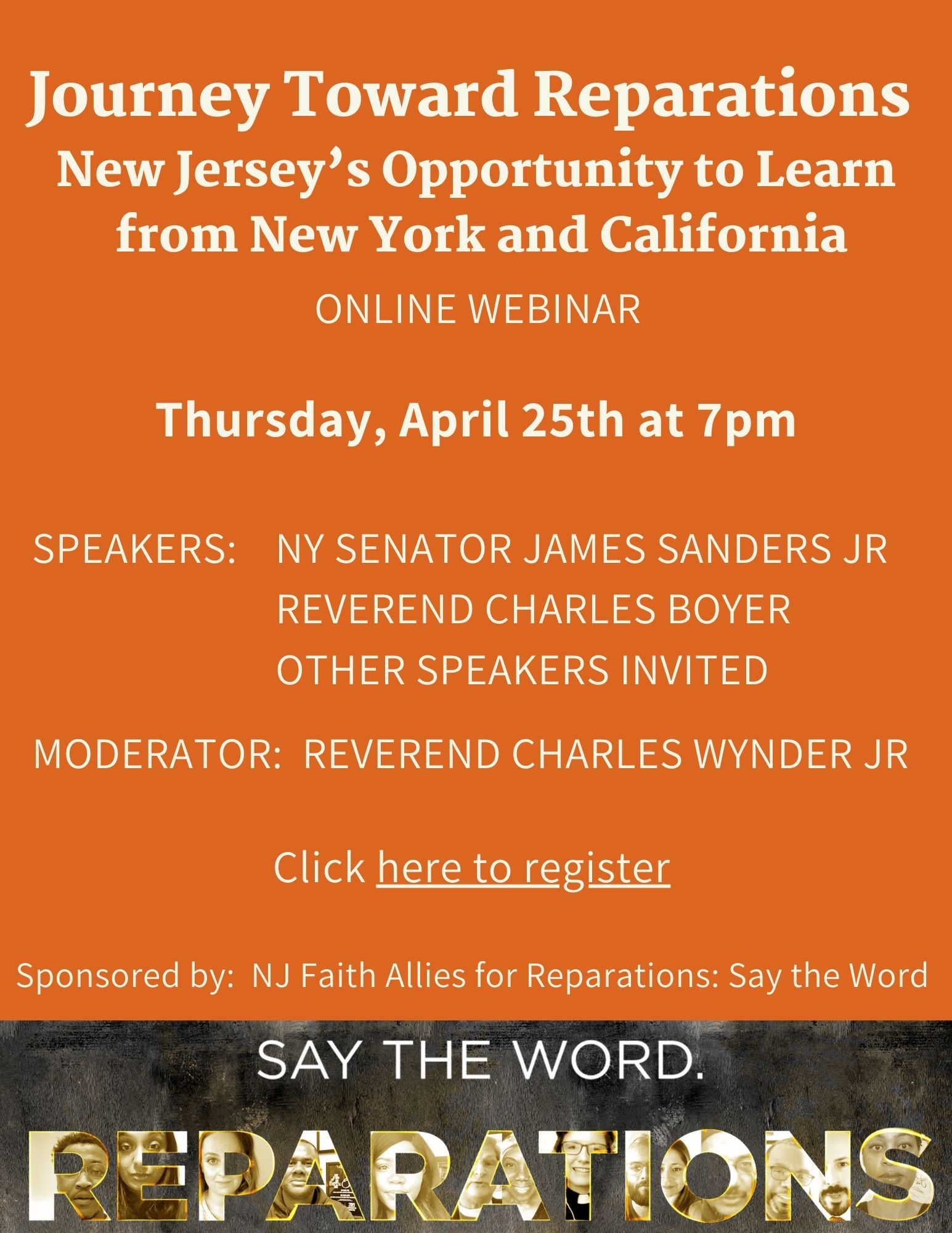See the related article: “Honor Indigenous Peoples’ Day with the Diocese of New Jersey on Oct. 10” for resources to help your congregation recognize this day.
Dear People and Friends of the Diocese of New Jersey,
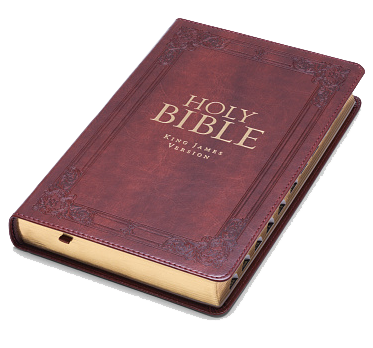
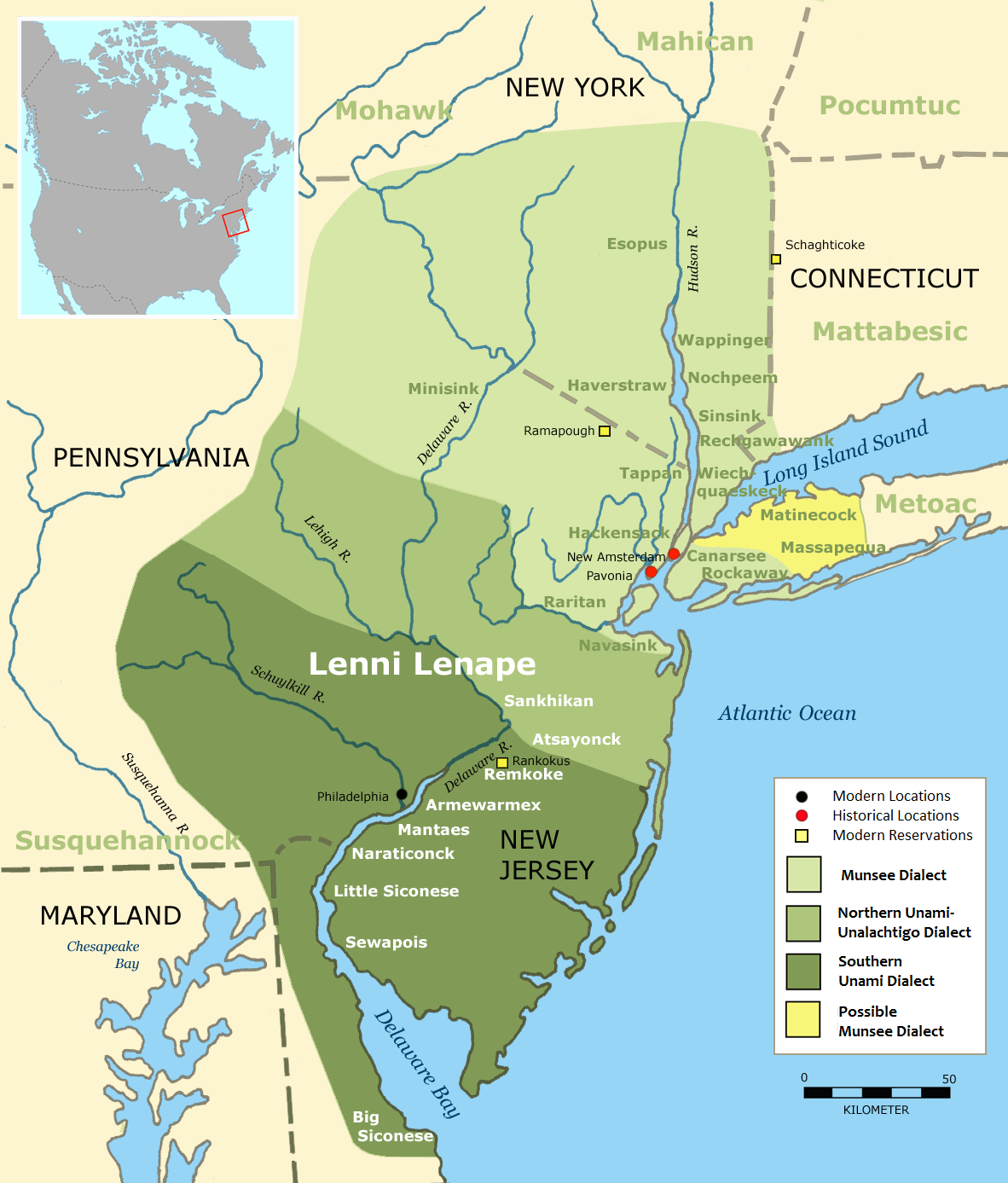
Monday is a holiday, but what holiday? For many, it will be observed as Columbus Day. By others, Monday will be observed as Indigenous Peoples’ Day. There appears to be a cultural clash. What do we make of this?
Generations of American children have been raised with an understanding that “In 1492, Columbus sailed the ocean blue.” For a long time, American history taught the myth that Columbus “discovered” America. Of course, he did no such thing. Native people were already here. What Columbus discovered was them, and his “discovery” led to acts of brutality and genocide against the indigenous peoples.
Still, for many, including many parishioners in our churches, Columbus Day has a significance beyond honoring this 15th century explorer with “clay feet.” Italian Americans view the observance as a day to celebrate and take pride in their heritage, and especially the toils and struggles endured by Italian immigrants to this country in the 18th and 19th centuries when they often faced fierce discrimination. In 1892, on the 400th anniversary of Columbus’s so-called “discovery,” President Benjamin Harrison declared Columbus Day a one-day national observance in response to the lynching of 11 Italian immigrants in New Orleans.[i]
On Columbus Day in 1942, President Franklin D. Roosevelt ordered that Italian Americans no longer be designated as “enemy-aliens” at the same time offering a plan for citizenship to 200,000 elderly Italians living in the United States who had been unable to acquire it due to a literacy requirement. Wikipedia notes, “implementation of the announcement was not completed until those interned in camps were released after Italy’s surrender to the Allies on September 8, 1943.”[ii]
Nonetheless, the elevation of Christopher Columbus every October not only perpetuates a false myth, it honors someone who engaged in heinous crimes against humanity. For many, it is galling. As Erin Blakemore observes in an online article for National Geographic:
“…for many with Indigenous ancestry, it was a slap in the face—a celebration of invasion, theft, brutality, and colonization. Columbus and his crew enabled and perpetrated the kidnapping, enslavement, forced assimilation, rape and sexual abuse of Native people, including children; the Native American population shrank by about half after European contact. For Indigenous Americans, the landing celebrated by some as a day of triumphant discovery was the beginning of an incursion onto land that had long been their home.[iii]
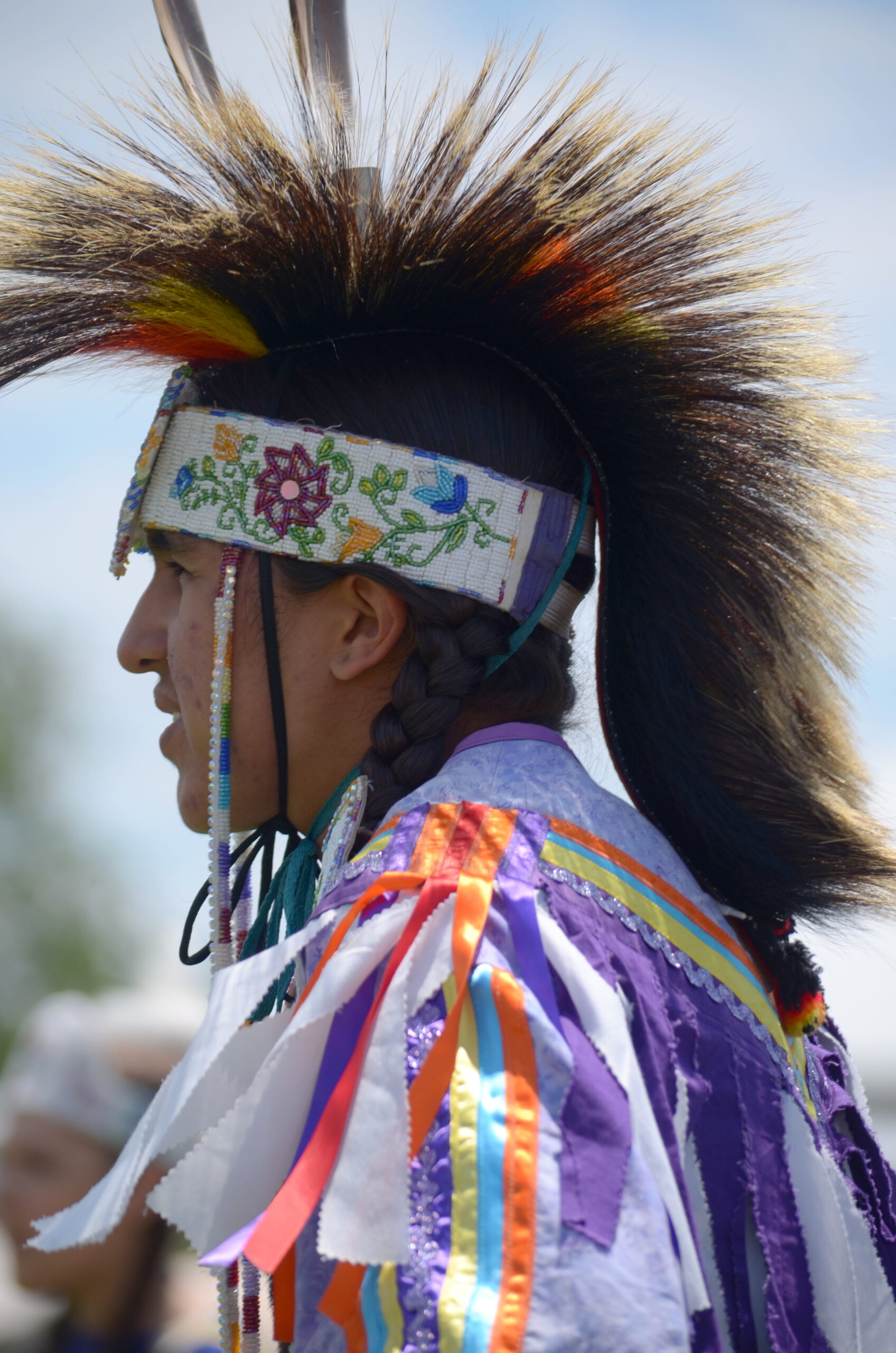
At the 2009 General Convention held in Anaheim, California, The Episcopal Church passed Resolution D-035 formally repudiating the Doctrine of Discovery. The resolution declared the Doctrine of Discovery
“fundamentally opposed to the Gospel of Jesus Christ and our understanding of the inherent rights that individuals and peoples have received from God” Resolution 2009–D035 directed “that this declaration be proclaimed among our churches and shared with the United Nations and all the nations and peoples located within The Episcopal Church’s boundaries.”
Resolution 2009–D035 urged that each diocese within The Episcopal Church
“be encouraged to reflect upon its own history, in light of these actions and encourage all Episcopalians to seek a greater understanding of the Indigenous Peoples within the geo-political boundaries claimed by the United States and other nation states located within The Episcopal Church’s boundaries, and to support those peoples in their ongoing efforts for their inherent sovereignty and fundamental human rights as peoples to be respected.”
The 237th Convention of the Diocese of New Jersey held virtually because of the COVID19 pandemic, passed Resolution 2021–4, which had been submitted by clergy and lay representatives of Trinity Church, Asbury Park in which we as a diocese acknowledge:
- • Christopher Columbus, a man who is known for having “discovered” the Americas, came upon land that was already inhabited by Indigenous Peoples; and
- • Columbus’s voyage to the Americas opened the door to crimes, including but not limited to the introduction of transatlantic slavery and genocidal acts against Indigenous People; and
- • Indigenous Peoples were promised security and protection but instead were forcibly relocated and their land seized to allow for European settlements; and
- • The territory of the Diocese of New Jersey was historically inhabited by the Lenape people; and
- • The idea of Indigenous Peoples’ Day was first proposed in 1977 by a delegation of Native American to the United Nations; and
- • The Diocese of New Jersey recognizes and acknowledges the significant contributions made in our community by Indigenous Peoples and commits to ensure greater access and opportunity for continued contribution; and
- • The Diocese of New Jersey has the opportunity and means to cultivate a community that honors and respects the diverse history of our community; and
- • The second Monday in October should be recognized for the original inhabitants of the Americas: Indigenous Peoples…
The Resolution urged,
That the Diocese of New Jersey join communities across America in recognizing and promoting the well-being and understanding of the contributions of Indigenous communities by the annual recognition of Indigenous Peoples’ Day, commencing Monday, October 11th, 2021.
On Monday, October 10, I will be celebrating the Eucharist at the Mercer Oaks Golf Course to kick-off the 18th Annual George E. Councell Golf Tournament, which benefits our own Trinity Cathedral and its ministries. As a part of that celebration, I will offer a short “Land Acknowledgment” which the Native American Institute at Michigan State University describes as, “an optional statement, often given at the beginning of organized events, celebrations and activities, or published in printed materials.” As this site notes,
“The purpose of a land acknowledgement is to recognize, respect and affirm the ongoing relationship between Indigenous people and the land. Land acknowledgements also raise awareness about the Indigenous histories, perspectives, and experiences that are often suppressed or forgotten.”
I am grateful to Derek Minno Bloom of Trinity Church, Asbury Park, who prepared the land acknowledgement I will use. I am also grateful to him and the people of Trinity Asbury Park, who have been leading us as a diocesan community in moving toward greater understanding of and respect for the Indigenous people in our nation, our state, and our communities.
May God bless you and your celebrations on Monday, no matter what holiday you celebrate, as we all work out our own salvation in fear and trembling.[iv]
Faithfully yours in Christ,

The Right Reverend William H. Stokes
Bishop of New Jersey
________________________
Notes
[i] See Columbus Day – Wikipedia
[ii] Ibid.
[iii] Blakemore, Erin – “Columbus Day or Indigenous Peoples’ Day? How the holiday has been shaped by oppression” – National Geographic, October 3, 2022 found at Columbus Day or Indigenous Peoples’ Day? How the holiday has been shaped by oppression (nationalgeographic.com)
[iv] See Philippians 2:12

